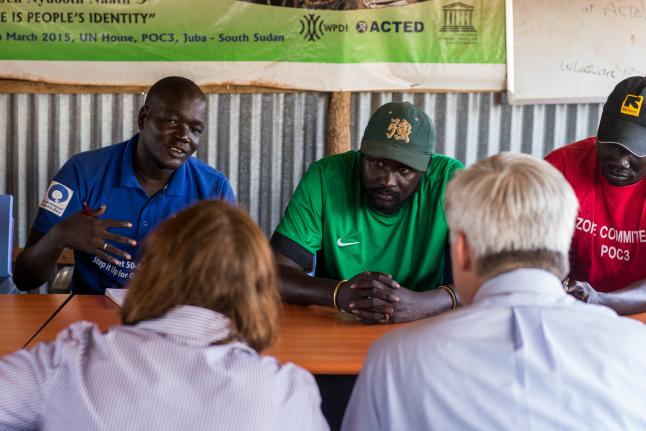Can the US government improve the local ownership of its foreign aid programs by adopting more of the practices that its partner countries regard as useful? AidData and the Center for Global Development recently teamed up to answer this question, drawing on data from AidData’s 2014 Reform Efforts Survey. Our findings are presented in a new policy paper, The Use and Utility of US Government Approaches to Country Ownership: New Insights from Partner Countries.

We surveyed government officials and donor staff in 126 low-income and middle-income countries who worked directly with US aid agencies between 2004 and 2013 for their perspectives on US efforts to promote country ownership of aid programs.
As our co-authors, Sarah Rose and Jared Kalow, note on CGD’s blog, this study provides evidence that US aid agencies are generally perceived as aligning their programs with partner country priorities. However, they are also perceived by their in-country partners as (a) relying too heavily upon professional training and technical assistance and (b) not making sufficient use of budget support and the public financial management systems of host governments, two practices that are perceived to be particularly useful.
Based on these and other findings, our paper suggests four policy recommendations to improve how the US fulfills its stated commitment to country ownership.
- Increase flexible spending authority for USAID to see if greater freedom from earmarks results in more effective aid delivery.
- Evaluate the use of country systems to determine whether and under what conditions partner country’s public financial management and procurement systems can be strengthened by channeling aid funds through them.
- Provide more flexible, results-oriented support to partner country institutions instead of prescribing the structure of an organization
- Increase funds to the multilateral development banks, since these institutions tend to pursue the practices that encourage local ownership.
The full policy paper is available for download from the Center for Global Development.



